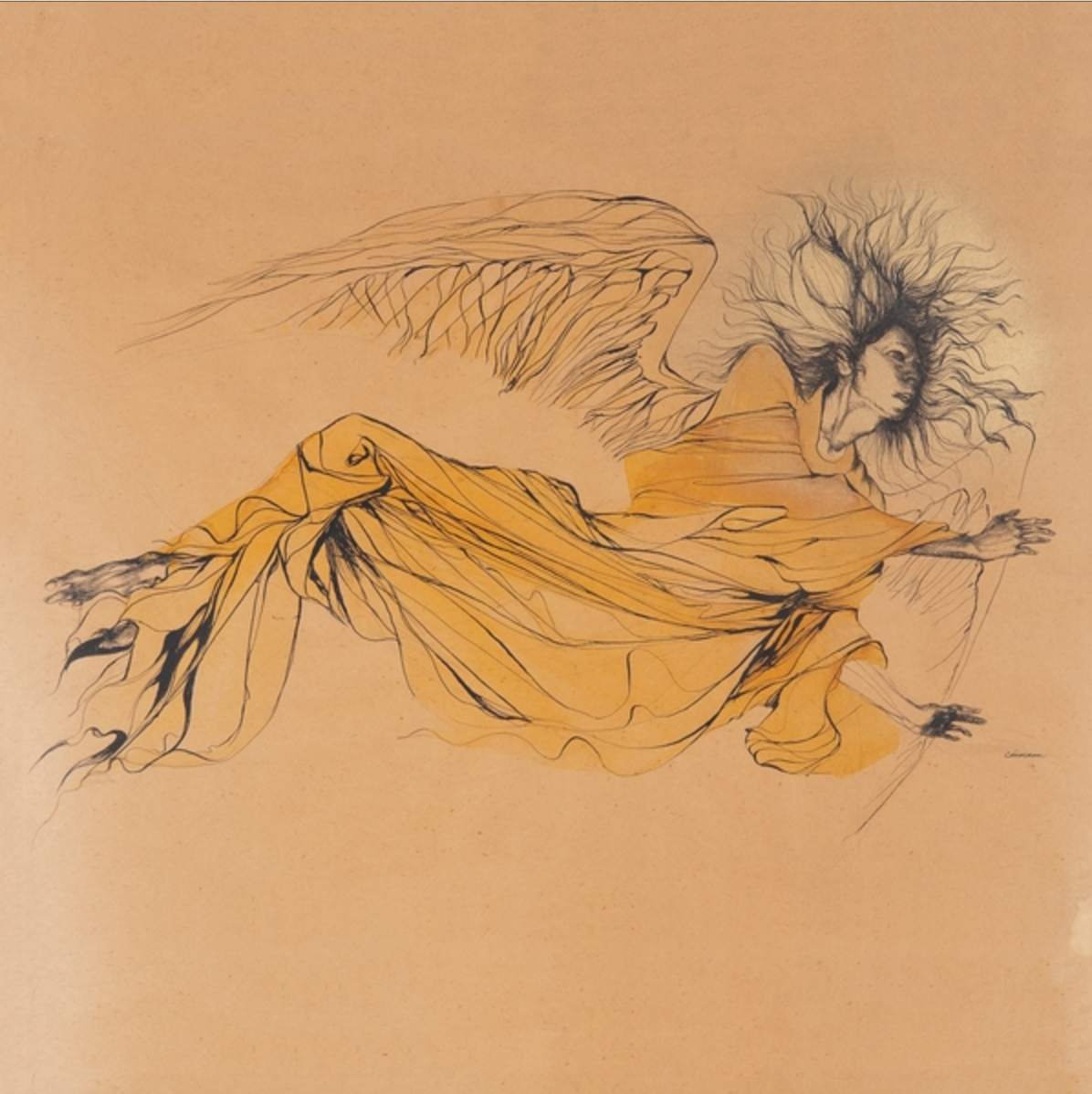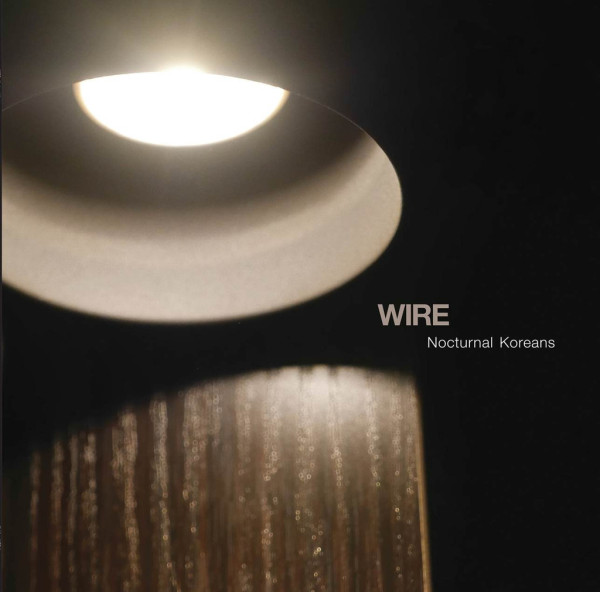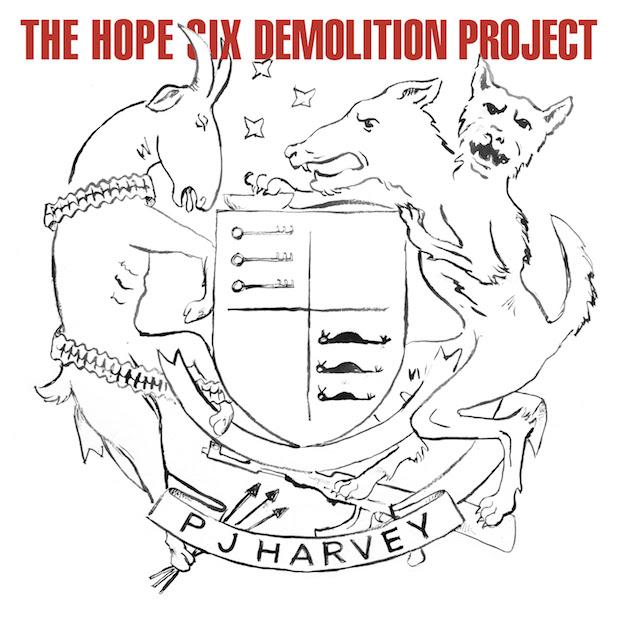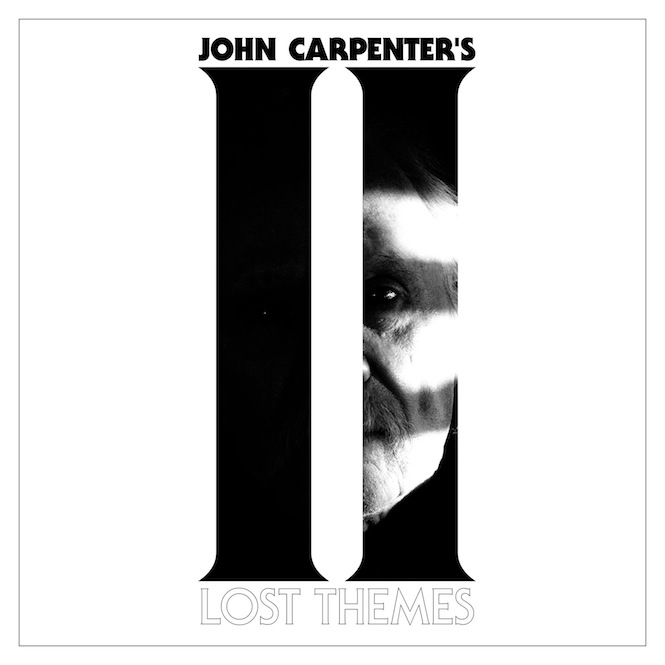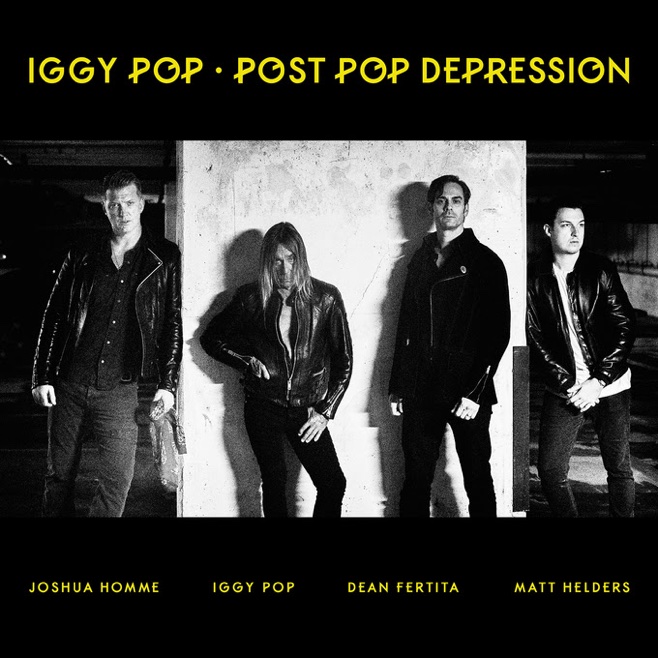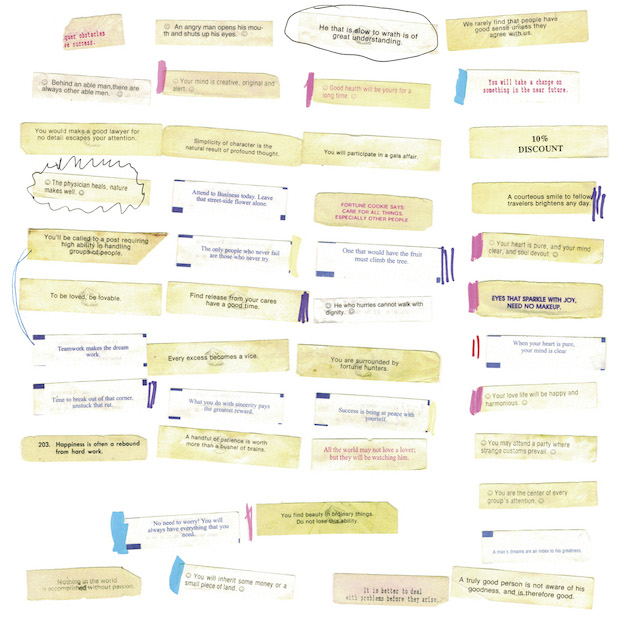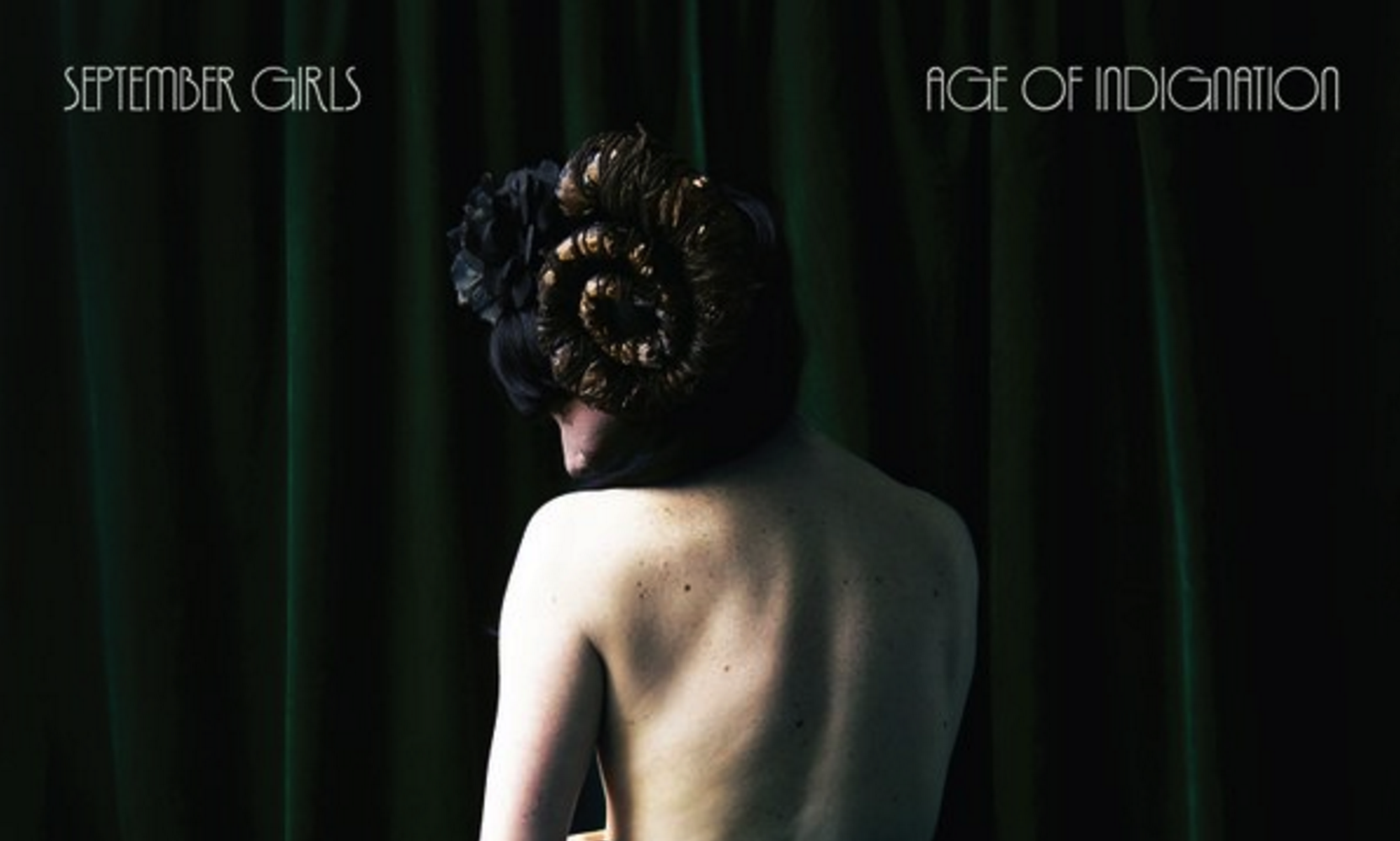How does a collection of songs become more than the sum of its parts and coalesce into a greater whole? Surely, sharing a musical or lyrical theme should suffice, but countless records have succumbed to the trappings of the generic in following that format. Given the risk, what’s the real benefit of opting for such rigidity in self-expression? Susanna’s Triangle is a great example of why the album as an idea works and how magical it can be. Over its ambitious runtime, the release primarily focuses on a fluid, transient interpretation of what constitutes a song. The emphasis here is…
-
-
Helter Seltzer, the fifth and by far the flashiest studio album from alt-pop duo We Are Scientists proves that Chris Cain and Keith Murray are back with a punch. Despite being prone to slip under the radar from time to time, the NYC-based duo manage to return with something bigger and better each time they resurface, staying true to their original and unique style, yet managing to reinvent certain aspects of their recognisable sound. The now veteran pair have been making music for over 14 years and despite sporting a little more grey hair and a lot more moustache action, they’ve aged…
-
The term seminal might get thrown around too much these days, but when used to describe post-punk legends Wire, it almost seems too humble. In many ways, the group are an anomaly amongst their peers. For starters, over their majority of their thirty-year career they’ve managed to retain the same line-up, avoiding the unfortunate stigma of being a glorified vanity project for singer Colin Newman with a revolving door of musicians, desperately vying for some kind of relevance. In fact, the group has gone the exact opposite route, shrugging off any requests to do retrospective tours of their first three,…
-
PJ Harvey’s back catalogue is a sight to behold. Over eight solo records, the woman hasn’t even skimmed the surface of a bad record. She’s toyed with a multitude of genres from Albini noise to electronica to English folk and fit into each with alarming ease. Yet in spite of her mercurial ability, she still finds a way to challenge her listeners, even this late in the game. Her previous album, Let England Shake, was a concept album the first world war as viewed through English folk music. Her latest LP, The Hope Six Demolition Project, is a vicious polemic…
-
Lost Themes 2 is legendary filmmaker and composer John Carpenter’s follow-up to his 2015 effort, Lost Themes. The central concept behind the record is simple: themes for films that Carpenter never made. To anyone who has seen the likes of Assault on Precinct 13, Escape From New York or Halloween, this is a salivating promise as it distills one of the man’s greatest strengths into a single cohesive package. Lost Themes 2 is an expansion on that same idea, and not unlike a sequel, it builds upon the groundwork laid in the first outing in bigger, more polished way. The…
-
The biggest challenge for an older artist with a lengthy career is to stay relevant and keep their audience interested. Some manage this with ease – Nick Cave has rarely put a foot wrong since the beginning of the 80s, for example – but most, including ‘godfather of punk’ Iggy Pop (on the scene a decade or so longer than Cave), will inevitably start to fly slightly under the radar after a while. In his early days he always worked best with strong collaborator, be it the rest of the original Stooges, James Williamson in their later incarnation – though none of these were quite able…
-
There aren’t many labels in popular music that come with as many unspoken assumptions as ‘singer-songwriter’ does. As cultural archetypes go, it’s uniquely malleable and somewhat slippery – images are conjured both of introverted Moleskine-clutching creatives & street-busking dilettantes, haunting cafés as they wrestle with personal demons. It’s a label that could be reasonably applied to artists across a broad spectrum of creativity/popularity/influence while still retaining its diagnostic value – Nick Drake and Ben Howard are both ‘singer-songwriters’ in some sense or another. There also tends to be a smuggled expectation among listeners that the songwriting of a ‘singer-songwriter’ will…
-
The music of Will Oldham aka Bonnie ‘Prince’ Billie has always had a rusty quality to it, as if his songs were assembled with nuts and bolts that rattled as they moved, always slightly out of place yet somehow holding everything together. This has, by and large, lent to his previous releases having a consolatory quality, as if their rickety composition and his own quivering, fragile vocals provide some comforting projection of listeners’ most emotionally brittle, bare moments. That comforting aspect that has pervaded Oldham’s previous output has been given a far more meditative twist on his latest collaboration, one…
-
“I am reborn”, sing September Girls in the opening track of their second album Age Of Indignation. While this album doesn’t represent a musical rebirth – the band still operate at the intersection between fuzzy noise pop and post-punk – it does represent a band growing in ambition, both musically and lyrically, continuing a trend that’s been happening gradually over the course of their career to date. The musical ambition is evident straight away, opening with the 6 and a half minute ‘Ghost’, a track that builds in intensity from a slow burning intro to a lengthy pummelling conclusion that sounds like an even more ferocious…
-
What’s interesting about Leon Vynehall is that, throughout his short career so far, he hasn’t fully committed to or straddled one concrete aspect of house music. Rather, he seems to relish the opportunity to push the boundaries of a relatively confined genre, and, given the constraints and familiarity of its 4/4 foundation, Vynehall has consistently found enough leeway to bridge out while maintaining a dance-floor ready edge. Rojus, his latest effort, sees the Brighton producer take elements from 2014’s Music For The Uninvited to offer a collection that, whilst finding its feet once more within the broad strokes of the Chicago sound, allows for enough variation…

